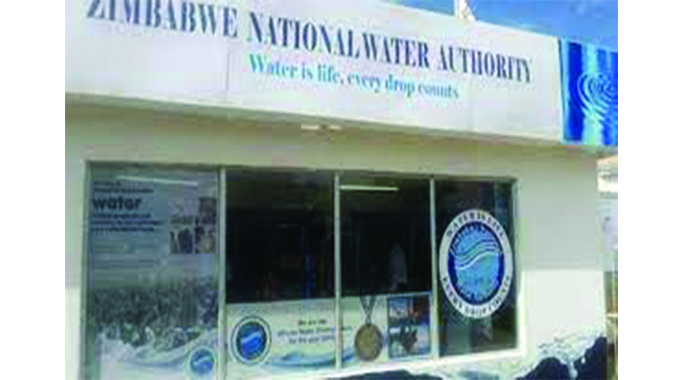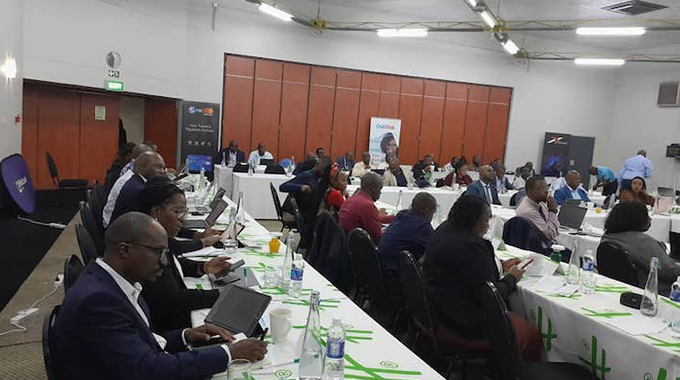Dams have adequate water for winter wheat: Zinwa

Patrick Chitumba
THE country’s dams have sufficient water to support an increased winter wheat irrigation target of 85 000 hectares this year up from about 75 000ha planted last year.
Following the successful winter wheat production last year, Zimbabwe is this year expected to produce up to 408 000 tonnes of the cereal, well above the 375 000 tonnes harvested last year and the minimum of 360 000 tonnes needed for self-sufficiency.
Zimbabwe National Water Authority (Zinwa) corporate communications and marketing manager, Mrs Marjorie Munyonga, said there was sufficient water in the country’s dams to irrigate the crop.

Zimbabwe National Water Authority (Zinwa)
“As the 2023 winter cropping season gets into full swing and pursuant to the conclusion of the rainy season at the end of March, the Zimbabwe National Water Authority wishes to advise the farming community and stakeholders in the agricultural sector that there is sufficient water in the dams to irrigate the 85 000-hectare winter wheat target set by Government for the 2023 season,” she said in a statement.
As of May 8, Mrs Munyonga said the country’s national dam level average stood at 92 percent against an expected dam level average of 71, 2 percent expected during this time of the year.
She said at the same date, the major dams held enough water to irrigate a total of 238, 348 hectares of irrigable land across the provinces. “With water being the second most strategic input for the winter cropping activities, coming only after land, Zinwa wishes to assure stakeholders and farmers that a robust and convenient mechanism has been put in place to ensure that all people in need of water for winter cropping access the resource,” she said.

The wheat crop at Tshikwalakwala Irrigation Scheme in Beitbridge
Mrs Munyonga said farmers and other water users intending to draw water from Zinwa-owned and managed dams are supposed to visit their respective catchment offices or service centres across the country, to obtain water abstraction agreements.
She said water abstraction agreements will allow Zinwa to efficiently and sustainably allocate the available water among competing users.
“Farmers are further advised to work closely with their extension officers or any other competent individuals in coming up with their water requirements to avoid overstating or understating the same,” she said.
Mrs Munyonga said the water authority has also put in place convenient modalities for farmers to settle their water bills and these include stop-order facilities at the end of the season or engaging contract farming financiers to assist with the settlement of water bills.
“Zinwa remains ready and open to play its rightful role in ensuring the success of the current winter cropping season as the country drives towards being food sufficient and food secure,” she said.
In its 2023/24 Summer and Winter Crop and Livestock programme, the Ministry of Lands, Agriculture, Fisheries, Water and Rural Development has said the wheat crop would be supported through private contractors, Government’s National Enhanced Agricultural Productivity Scheme (NEAPS), Presidential wheat support scheme and self-financed growers.
Preparations for the 2023/24 summer and winter seasons are being done earlier because of the Russia and Ukraine conflict. Combined, Ukraine and Russia were responsible for about 26 percent of global wheat exports in 2020 and the conflict makes it important for Zimbabwe to be self-sufficient and open potential export markets.
Early preparations for the 2023/24 summer season and the 2023 winter wheat will enable consultations with key stakeholders in the agriculture sector, to improve coordination and planning for the season. -@pchitumba1











Comments